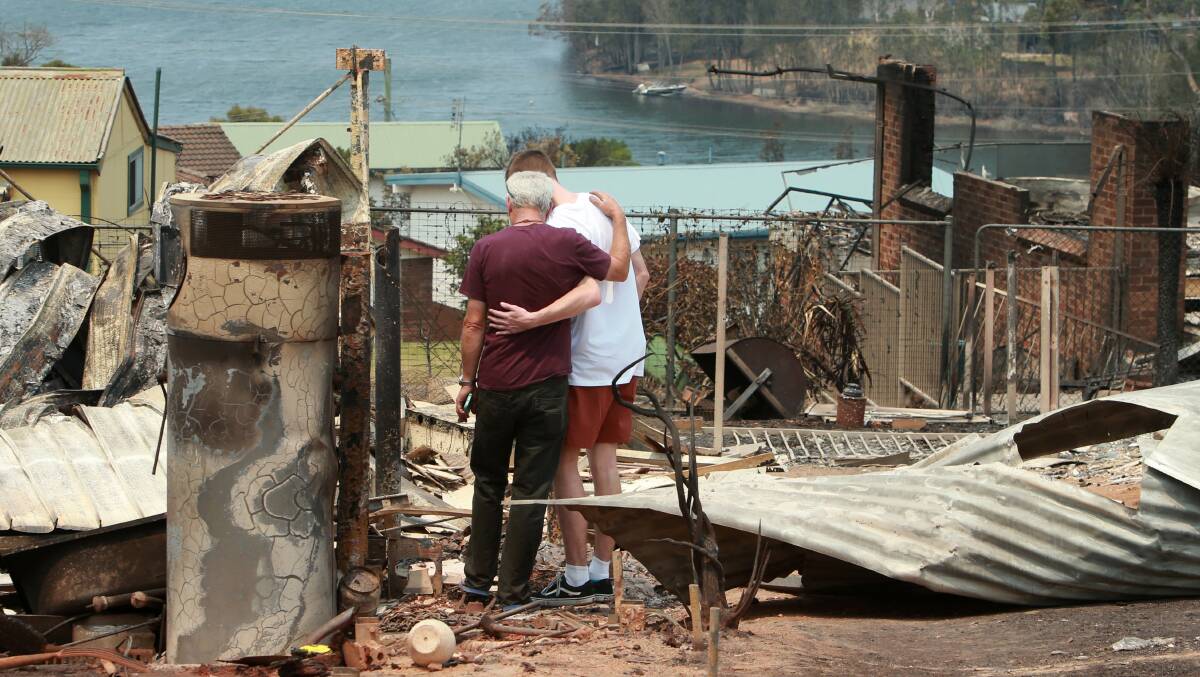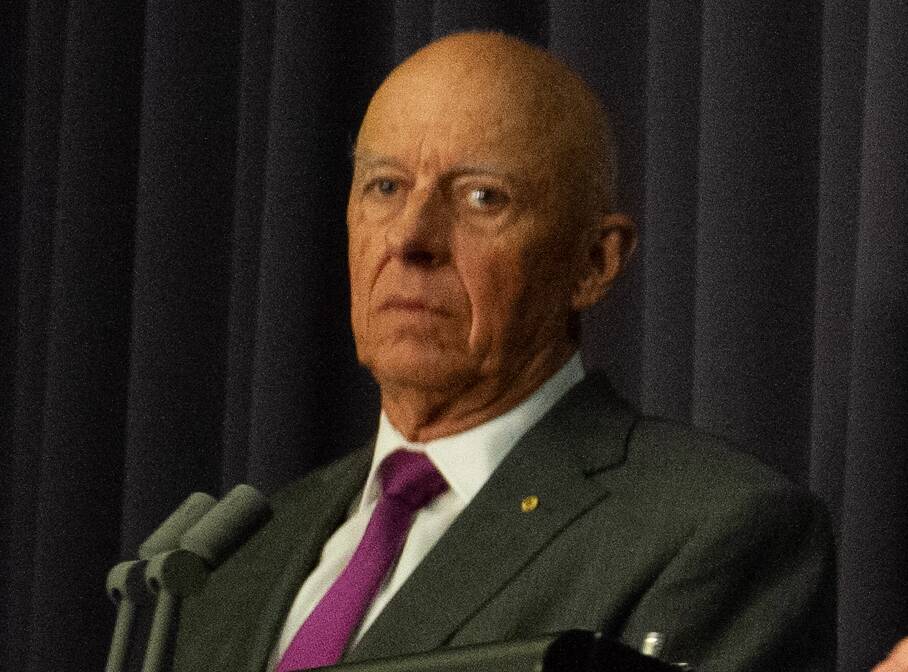People impacted by extreme weather disasters are finding it too difficult to access mental health support, according to a new report released by the Climate Council and Beyond Blue.
Create a free account to read this article
$0/
(min cost $0)
or signup to continue reading
The findings have sparked the call for a whole-system approach to respond to the public health impacts of climate disasters.
A poll of 2000 people found nearly half said extreme weather had detrimentally affected their mental health, with one-in-five reporting a major or moderate impact.

The most common symptoms were anxiety, depression and post traumatic stress disorder.
However, nearly a third said there was too little mental health support available to them.
READ MORE:
The data found 80 per cent had experienced extreme weather at least once since 2019, including heatwaves, droughts, cyclones, destructive storms or landslides.
People in rural and regional areas were significantly more likely to have experienced floods or bushfires since 2019 than those in urban areas.
Yet, those in the bush were more likely to report inadequate or unavailable mental health services in the wake of a disaster.

Former ACT emergency services commissioner retired Major-General Peter Dunn found himself caught in the maelstrom of a mega fire that hit Conjola in Black Summer.
Ret. Major General Dunn said he was trapped in his home with his wife, as three lives were lost and another 120 houses burned in the surrounding area.
"It was a horrific disaster, the community was isolated and felt abandoned. No one turned up, there was no white knight to get things sorted," he said.
"After a week people started to organise themselves or we would be in dire straits."
Ret. Major General Dunn said the disaster highlighted the importance of providing on-the-ground mental health support, backed by local knowledge.
He said they were able to secure a mental health team to embed itself in the community, but after a while it was replaced with a call centre support service.
"The mental health team got to know the community, the worst hit areas and who had pre-existing mental health conditions," he said.
"But then the level of support was reduced. I spoke to a person on the phone in Perth and another in central Queensland, and I had to go through the circumstances each time.
"It has been shown through the Royal Commission that it is debilitating to tell your story time and time again."
Beyond Blue lead clinical advisor Grant Blashki said these extreme events were as much about broken spirits as damaged buildings.
Dr Blashki said it was time to strengthen mental health systems to cope with the demands of extreme weather.
"People say they have been left feeling helpless, have experienced symptoms of anxiety and depression, trouble sleeping, and have children who worry when it rains, or the wind picks up," Dr Blashki said.
"It's important we get on top of these issues early and get people the appropriate support at the right time.
"And yet, despite the high levels of need, many people affected by climate disasters find it difficult to access the mental health assistance they need."

